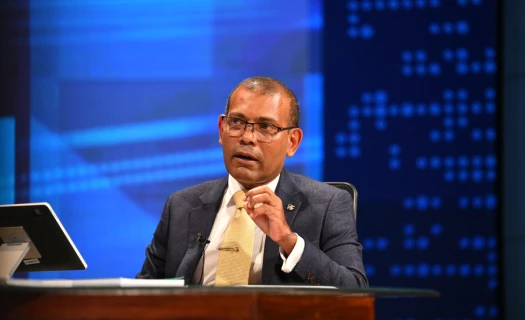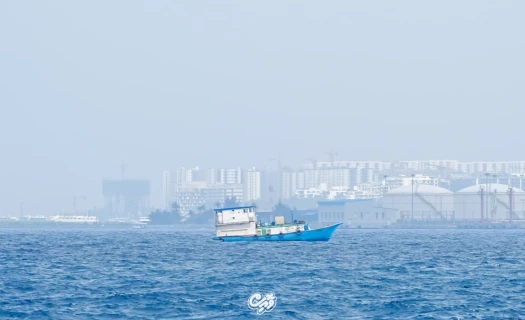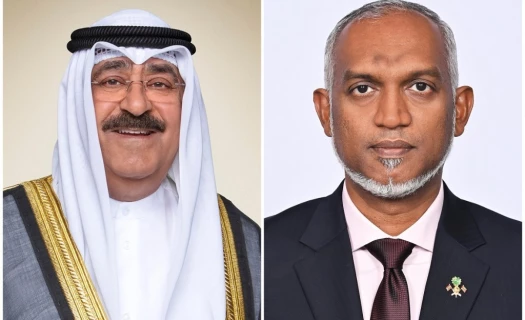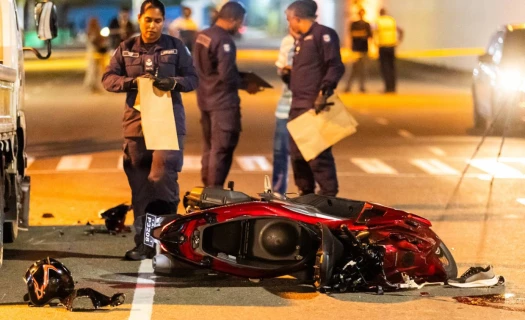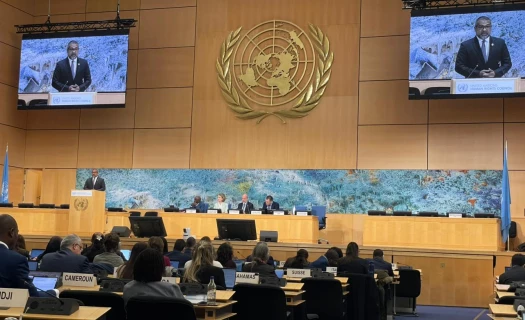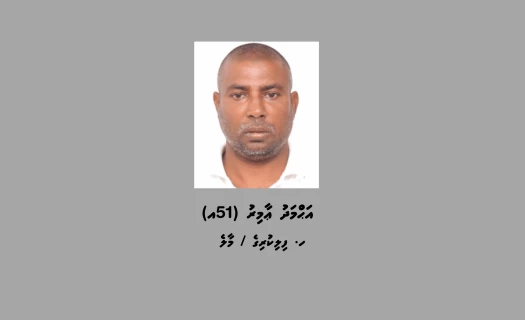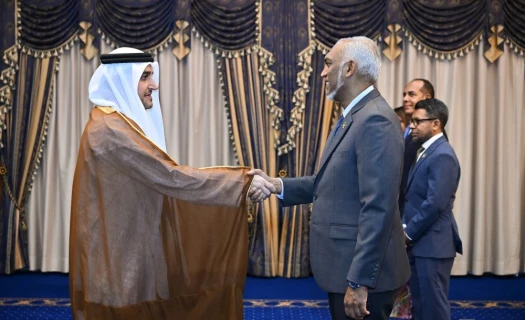Maldives, Turkiye, and India: A New Triangle of Tension in the Indian Ocean

The geopolitical currents of the Indian Ocean Region (IOR) are ever-shifting, and few dynamics exemplify this fluidity more acutely than the recent evolving relationship between the Maldives and Turkiye.
This alliance could become a considerable point of concern for India, particularly in light of its recently strained ties with Ankara, exacerbated by Turkiye's public endorsement of Pakistan during "Operation Sindoor."
The deterioration of India-Turkiye relations forms the critical backdrop to this scenario. Historically, the two nations maintained a cordial, if not deeply strategic, relationship. However, Turkiye's increasing alignment with Pakistan, especially its vocal support during the recent "Operation Sindoor" – a significant point of contention with India – has fundamentally altered this dynamic.
New Delhi perceives Ankara's actions as an unwelcome intervention in its internal affairs and an attempt to undermine its sovereign interests.
Further compounding the issue are Turkiye's military assistance to Pakistan, including drone technology, and its consistent stance on the Kashmir issue, which directly challenges India's claimed territorial integrity.
This shift has led to a perceptible chill in bilateral relations, manifesting in calls for economic boycotts and a general cooling of diplomatic engagement.
Since Dr. Mohamed Muizzu took office in November 2023, Maldives has embarked on a noticeable trajectory of forging closer ties with Turkiye, particularly in the realm of defense.
This is evidenced by the acquisition of Turkish-built Bayraktar TB2 unmanned combat aerial vehicles (UCAVs) and the symbolic donation of a Dogan-class fast attack missile boat by Turkiye to the Maldivian Coast Guard.
Furthermore, MNDF personnel are undergoing training in Turkiye, and a broader defense cooperation framework is being established.
This pivot towards Turkiye by the current Maldivian government under President Mohamed Muizzu, who won the election on an "India Out" platform, is a clear signal of an intent to diversify defense partnerships and reduce historical reliance on India, effectively rebalancing its foreign policy.
For India, the deepening Maldives-Turkiye relationship raises a cascade of strategic concerns. Foremost among these is the potential erosion of its traditional influence in the Indian Ocean.
The Maldives, due to our geographical proximity and shared cultural heritage, has long been considered within India's immediate sphere of influence.
The increasing presence of Turkish defense assets and personnel challenges this traditional dominance and could lead to a tangible loss of strategic leverage for India in the IOR.
Moreover, our strategic location along vital sea lanes of communication, crucial for global trade and India's energy security, amplifies these concerns.
The presence of Turkish military systems, especially combat drones, operating in close proximity to India's southern maritime boundary, raises anxieties about potential surveillance capabilities and weapon systems that could be aligned against Indian interests.
Adding another layer of complexity is the perceived extension of the Pakistan-Turkiye nexus into India's immediate maritime neighborhood.
Given Turkiye's strong and consistent support for Pakistan, a growing Turkish footprint in the Maldives could be interpreted as an attempt to encircle India or at least complicate its security calculus, especially along its western maritime flank.
Furthermore, the current Maldivian government's foreign policy trajectory appears to consciously deviate from the "India First" policy advocated by the preceding administrations.
While Malé claims to adopt an approach that seeks to balance relations with all countries, the rapidity and nature of its embrace of Turkiye would be now viewed with considerable apprehension by New Delhi.
From the Maldivian perspective, this diversification of partnerships is a pragmatic approach to enhance our strategic autonomy and capacity building.
As a small island nation, heavily reliant on tourism and foreign aid, we seek to leverage our strategic importance to secure benefits from various international partners.
President Muizzu's government emphasizes a policy of non-alignment and friendship with all countries based on mutual respect, seeking to avoid entanglement in "geopolitical fights"; at least from what they say.
The governemnt has tried time and again, to foster close bilateral relations with everyone other that India.
When that apparoach proved unsuccessful, the government did go back to India.
However, we must carefully consider India's concerns, for several compelling reasons.
The undeniable realities of geographic proximity and shared history bind the two nations, shouldn't be ignored.
India is the our closest neighbor and has a long and demonstrable record of providing humanitarian assistance, economic aid, and security cooperation during times of need.
Any instability or adversarial presence in the Maldives directly impacts India's security - thought we like it or not, its the reality.
Also, despite efforts at wooing other partners, India still remains the bail out partner for the Maldives, providing crucial financial assistance and serving as a major source of tourism.
Disrupting this relationship could have severe and immediate economic repercussions for the Maldives - as was seen during the early days of this administration.
India has consistently acted as a first responder in times of crisis in the Indian Ocean region and has invested heavily in regional maritime security.
Maintaining a cooperative relationship with India is crucial for the Maldives' own long-term security and stability, particularly in addressing non-traditional threats like piracy, smuggling, and natural disasters.
While the Maldives, as a sovereign nation, possesses the inherent right to determine our own foreign policy, overtly aligning with powers perceived as inimical to India's interests risks transforming the archipelago into a flash point for larger geopolitical rivalries.
Such a scenario would undoubtedly undermine our own peace and stability.
Therefore, we should prioritize open and consistent diplomatic engagement with India to address concerns and build trust.
Transparency in defense acquisitions and collaborations, coupled with clear reassurances about its strategic intentions, could significantly alleviate some of India's - and the local general public's - anxieties.
President Dr Muizzu's deepening relationship with Turkiye, particularly in the defense sector, presents a complex challenge to India's security and regional influence.
While the Maldives seeks to assert its strategic autonomy and diversify its partnerships, the historical and geographical realities of the India-Maldives relationship demand a degree of sensitivity and understanding from Malé.
A truly balanced foreign policy for the Maldives would necessitate acknowledging India's legitimate security concerns and ensuring that its partnerships do not inadvertently destabilize the delicate geopolitical equilibrium of the Indian Ocean Region, ultimately safeguarding its own long-term interests and regional stability.
